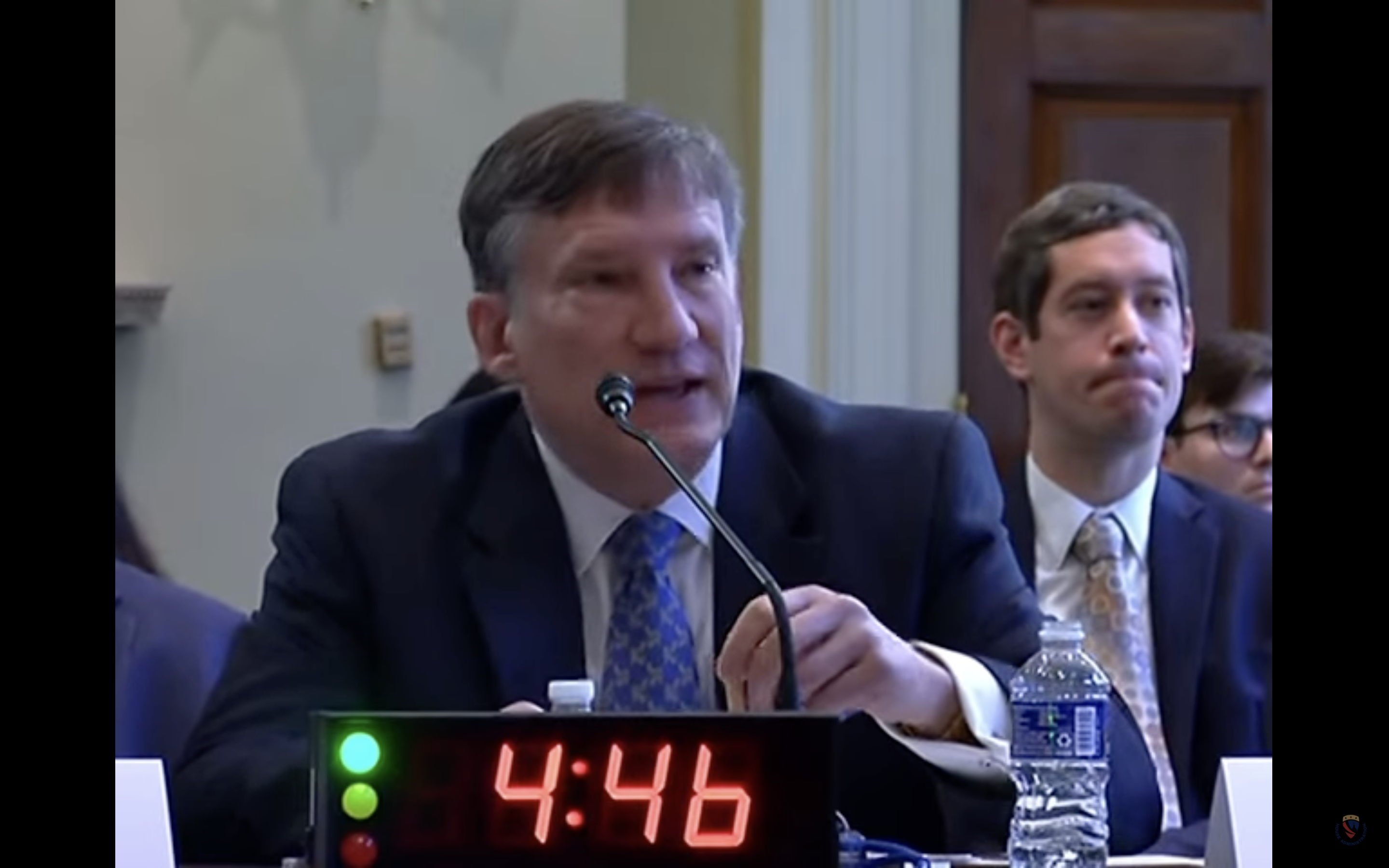Yesterday, IRS Commissioner John Koskinen announced[1] that the IRS will be pulling its controversial rule[2] expanding regulation of nonprofit social welfare organizations—commonly referred to as § 501(c)(4) groups. Such groups, like the NRA or the Sierra Club, often advocate for specific legislation and occasionally support or oppose candidates.
The Center for Competitive Politics (“CCP”) criticized the rule[3], which the IRS announced in the wake of the scandal involving the IRS[4] targeting conservative groups for unfair treatment under the nonprofit tax laws. The first of CCP’s comments[5] focused on the statutory framework of the Internal Revenue Code’s regulation of nonprofits and their “political” activity—even offering a better draft rule that complied with Supreme Court precedent. CCP further commented[6] on the paperwork and accounting burden of the proposed rule. Finally, CCP submitted comments[7] addressing the legal and practical issues of the IRS’s draft rule.
CCP was not alone in its concern over the proposed rule. Multiple organizations—from across the political and ideological spectrum[8]—lambasted the IRS’s proposed rule for both constitutional and practical difficulties. Apparently, the IRS heard the cries, and decided to pull the rule.
To USA Today, Commissioner Koskinen noted: “In all likelihood we will re-propose a redefined rule and ask for more public comment,” but expects the process to go “until the end of the year and beyond” to complete. It need not take that long. CCP has already proposed a draft rule[9] that applies Supreme Court precedent and adheres to the structural framework set up by Congress.
[1] Susan Page, “IRS chief: New rule on the way for tax-exempt groups” USAToday Apr. 14, 2014. http://www.usatoday.com/story/news/politics/2014/04/14/irs-commissioner-john-koskinen/7701609/
[2] Guidance for Tax-Exempt Social Welfare Organizations on Candidate Related Political Activities, Internal Revenue Service REG-134417-13, 78 Fed. Reg. 71535 (Nov. 29, 2013).
[3] See, e.g. CCP’s website dedicated to the proposed rule: https://www.ifs.org/irs/.
[4] Treasury Inspector General for Tax Administration, No. 2013-10-053, Inappropriate Criteria Were Used to Identify Tax-Exempt Applications for Review 5 (May 14, 2013)
[5] Bradley A. Smith and Allen Dickerson, Center for Competitive Politics, Comment on IRS NPRM, REG-134417-13 (Dec. 5, 2013) (“CCP Comment I”).
[6] Eric Wang, Center for Competitive Politics, Supplemental Comments on IRS NPRM, REG-134417-13 (Jan. 23, 2014) (“CCP Comment II”).
[7] Bradley A. Smith and Allen Dickerson, Center for Competitive Politics, Supplemental Comments on IRS NPRM, REG-134417-13 (Feb. 20, 2014) (“CCP Comment III”)
[8] Such groups include the American Civil Liberties Union, Labor Organization Comments (AFLCIO, AFSCME, AFT, IAM, NEA, SEIU, UFCW), and the U.S. Chamber of Commerce. See Center for Competitive Politics “Notable Comments with Extensive Legal Analysis” at https://www.ifs.org/irs/notable-comments-written-by-prominent-attorneys/.
[9] CCP Comment I, Annex 1.













